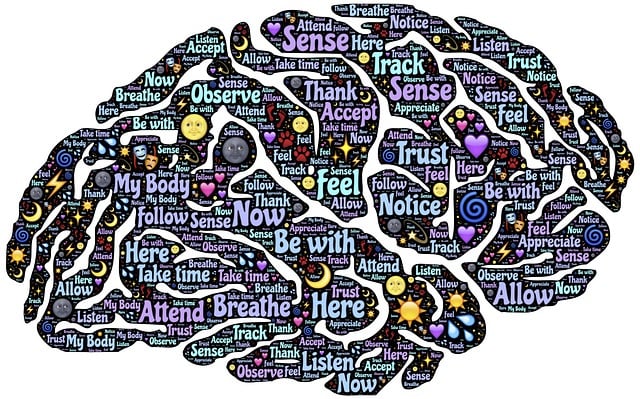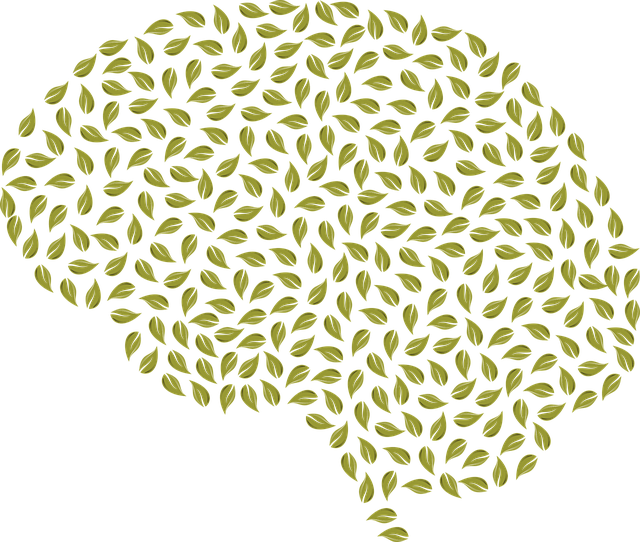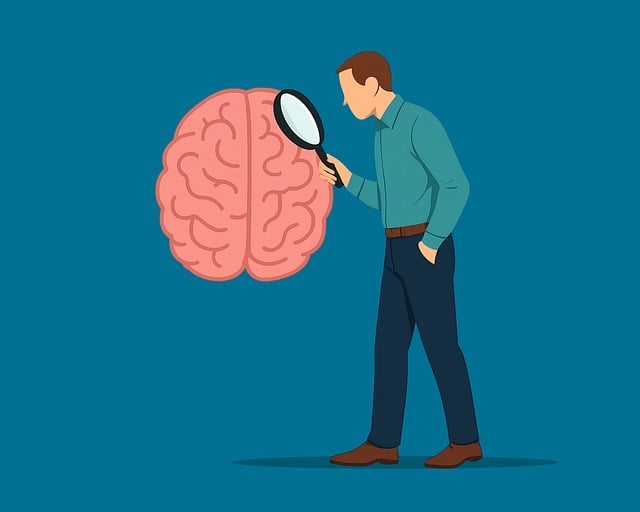Loss and grief can severely impact mental health, especially for individuals with anxiety disorders like Parker Panic Disorder and Anxiety Attacks. Specialized counseling services play a vital role in supporting those affected by offering tailored coping strategies, guidance through unique grief processes, and resilience-building techniques. Therapy methods such as Cognitive Behavioral Therapy (CBT) and Person-Centered Therapy help clients challenge negative thoughts, manage stress, and express emotions healthily. Parker Panic Disorder and Anxiety Attacks Therapy provides specific techniques for anxiety management during bereavement, emphasizing breathing exercises and cognitive reframing. These approaches foster emotional resilience, promote healing, and enable individuals to navigate their grief journeys effectively while reducing the risk of long-term mental illness.
Loss, grief, and bereavement are profound experiences that significantly impact mental health. This comprehensive guide delves into these complex topics, offering insights on understanding loss, navigating grief, and providing effective counseling strategies. We explore the unique challenges of traumatic loss and its connection to conditions like Parker Panic Disorder and anxiety attacks, highlighting the importance of therapeutic approaches in healing. Discover evidence-based methods for supporting individuals through bereavement counseling, promoting resilience, and fostering emotional well-being.
- Understanding Loss, Grief, and Bereavement: A Comprehensive Overview
- The Impact of Traumatic Loss on Mental Health
- Parker Panic Disorder and Anxiety Attacks: Unraveling the Connection
- Therapeutic Approaches for Bereavement Counseling
- Effective Strategies to Support Individuals in Grief
Understanding Loss, Grief, and Bereavement: A Comprehensive Overview

Loss, grief, and bereavement are profound emotional responses to significant life changes marked by separation from a loved one. Understanding these complex processes involves recognizing that each individual experiences them uniquely. Loss refers to the absence or departure of someone or something valued, while grief is the intense emotional response to loss, characterized by sorrow, anger, guilt, and other feelings. Bereavement, on the other hand, encompasses the period during which individuals adjust to their new reality following a loss.
For many, these experiences can be overwhelming, leading to heightened anxiety and panic attacks, especially in those with pre-existing conditions like Parker Panic Disorder. Effective counseling services play a vital role in navigating this challenging landscape. Through therapy, individuals can learn coping mechanisms for managing stress and anxiety relief, gain insights into their grief process, and develop resilience as they adapt to life without their loved one. Healthcare Provider Cultural Competency Training is essential in ensuring sensitive and effective support tailored to individual needs, especially when dealing with diverse populations.
The Impact of Traumatic Loss on Mental Health

Traumatic loss, such as the sudden death of a loved one or an unexpected tragedy, can profoundly impact an individual’s mental health and overall well-being. When faced with such devastating events, people often experience a range of intense emotions, including grief, anger, guilt, and fear. These feelings can be overwhelming and lead to various mental health concerns, especially if left unaddressed. Research suggests that traumatic loss is closely linked to the development or exacerbation of anxiety disorders, including Parker Panic Disorder and Anxiety Attacks. The sudden shock and distressing nature of such events can trigger intense anxiety responses, making it challenging for individuals to cope.
Self-Awareness Exercises and therapy play a pivotal role in helping individuals navigate these complex emotions. Through counseling, bereaved people can learn healthy coping mechanisms, process their grief, and reduce the risk of long-term mental illness. Mental Illness Stigma Reduction Efforts are essential in encouraging affected individuals to seek help without fear of judgment. By addressing the emotional aftermath of loss, counseling offers a safe space for expression and healing. Additionally, depression prevention strategies can be incorporated into therapy, ensuring that those at risk receive timely support to maintain their mental health and overall resilience in the face of adversity.
Parker Panic Disorder and Anxiety Attacks: Unraveling the Connection

Many individuals experiencing loss, grief, or bereavement also grapple with anxiety disorders, notably Parker Panic Disorder and Anxiety Attacks. These conditions often emerge or intensify during such challenging times, highlighting a complex interplay between emotional trauma and mental health. Therapy plays a pivotal role in unraveling this connection and providing much-needed support.
Through specialized counseling, individuals can learn effective conflict resolution techniques to manage anxiety attacks. Fostering positive thinking and enhancing emotional intelligence are also integral aspects of therapy. These strategies empower clients to navigate their grief journey with greater resilience, enabling them to process their emotions healthily and rebuild their lives post-loss.
Therapeutic Approaches for Bereavement Counseling

Bereavement counseling employs various therapeutic approaches to support individuals navigating loss and grief. One prominent method is cognitive-behavioral therapy (CBT), which helps clients identify and challenge negative thought patterns associated with their bereavement, thereby facilitating healthier coping mechanisms. This approach also incorporates stress management techniques, such as mindfulness exercises and relaxation strategies, which are crucial for mitigating the emotional intensity often experienced during periods of profound loss.
Additionally, some counselors utilize humanistic approaches like person-centered therapy, focusing on the client’s capacity for self-understanding and growth. This holistic perspective encourages clients to express their emotions freely and explore personal meaning-making processes. For those struggling with anxiety and panic attacks as a result of grief, techniques drawn from Parker Panic Disorder and Anxiety Attacks Therapy can be invaluable. These may include breathing exercises, grounding strategies, and cognitive reframing to help individuals manage intense emotional responses. Even organizations like the Stress Management Workshops Organization recognize the importance of these therapeutic interventions in fostering resilience among those dealing with bereavement.
Effective Strategies to Support Individuals in Grief

Grief is a complex and deeply personal process that requires tailored support to navigate effectively. When providing counseling for loss, grief, and bereavement, therapists play a pivotal role in guiding individuals through this challenging period. An evidence-based approach, such as cognitive-behavioral therapy (CBT), has proven successful in helping clients manage their emotions and adapt to life after a significant loss. This strategy focuses on identifying and modifying negative thought patterns, teaching coping mechanisms, and fostering resilience.
One effective technique is integrating self-care routine development for better mental health. Encouraging individuals to prioritize self-compassion, exercise, adequate sleep, and healthy eating habits can significantly enhance their ability to cope with grief. Additionally, community outreach program implementation can offer support networks, allowing individuals to share their experiences and build new connections. These initiatives foster a sense of belonging and provide opportunities for resilience building, which is crucial in the healing process. For those experiencing intense anxiety or panic attacks during this period, techniques derived from Parker Panic Disorder and Anxiety Attacks Therapy can be invaluable, offering strategies to manage these symptoms and promote overall well-being.
Loss, grief, and bereavement counseling are essential components of healing after traumatic loss. By understanding the unique challenges associated with each individual’s experience, therapists can employ various therapeutic approaches, including strategies tailored for managing Parker Panic Disorder and anxiety attacks. Effective bereavement counseling supports individuals in processing their emotions, fostering resilience, and finding meaning in their loss. Through compassionate guidance, those navigating grief can eventually find solace and a renewed sense of well-being.














